Optimal Timing for Water Redirections
Water redirections are most effective during periods of low water flow, typically in dry seasons or periods of minimal rainfall. Timing these activities during such times minimizes disruption to existing water systems and allows for better control of water flow adjustments. Proper scheduling ensures that water redirection projects do not interfere with peak usage times or critical water needs.
Late summer and early fall often provide ideal conditions for water redirection due to reduced water volume and flow rates.
Dry weather with minimal rainfall prevents water levels from rising unexpectedly, facilitating safer and more efficient redirection.
Timing activities during low-flow periods reduces potential environmental disturbances and supports ecological stability.
Early planning before rainy seasons allows for better resource allocation and minimizes delays.
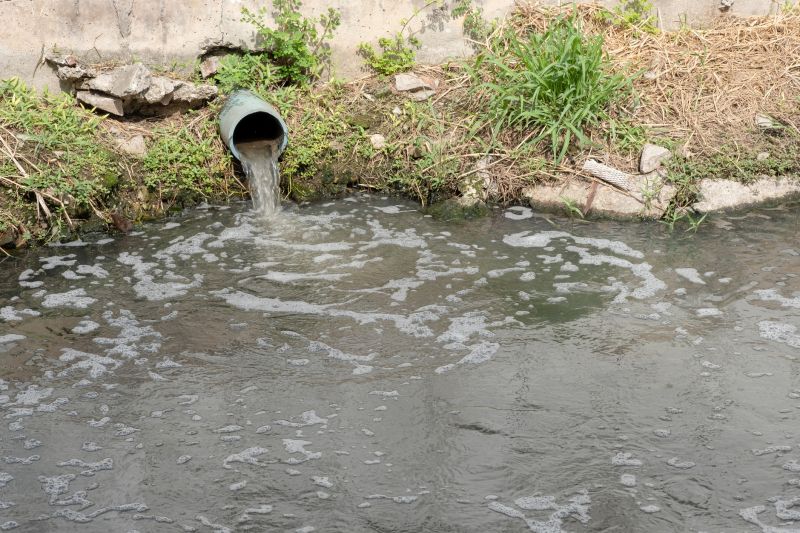
Monitoring water flow during low periods ensures safer redirection activities.
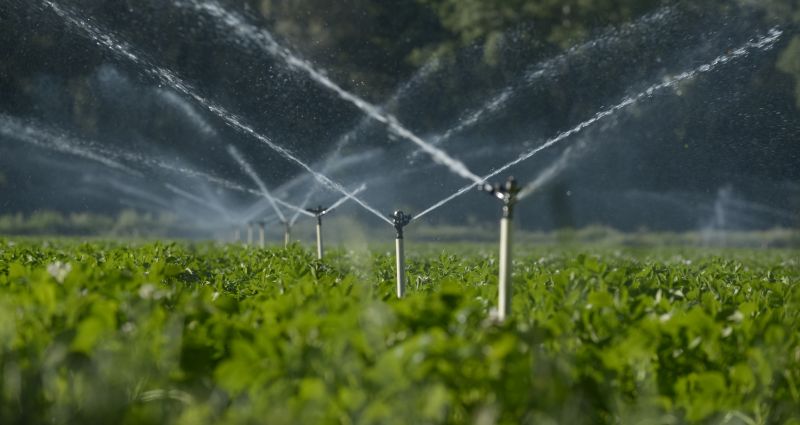
Adjusting timing based on seasonal patterns optimizes results.

Planning during dry seasons minimizes environmental impact.
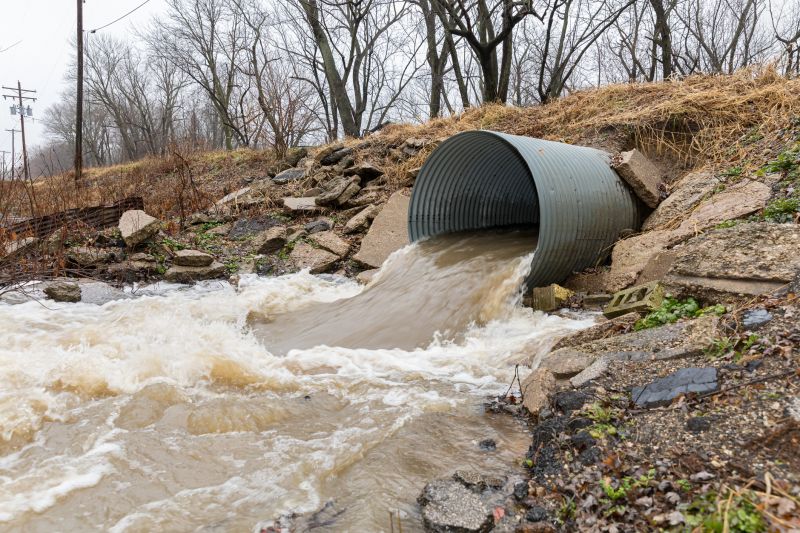
Ways to make Water Redirections work in tight or awkward layouts.
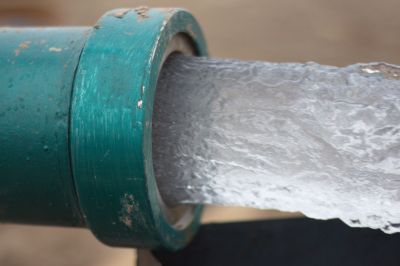
Popular materials for Water Redirections and why they hold up over time.
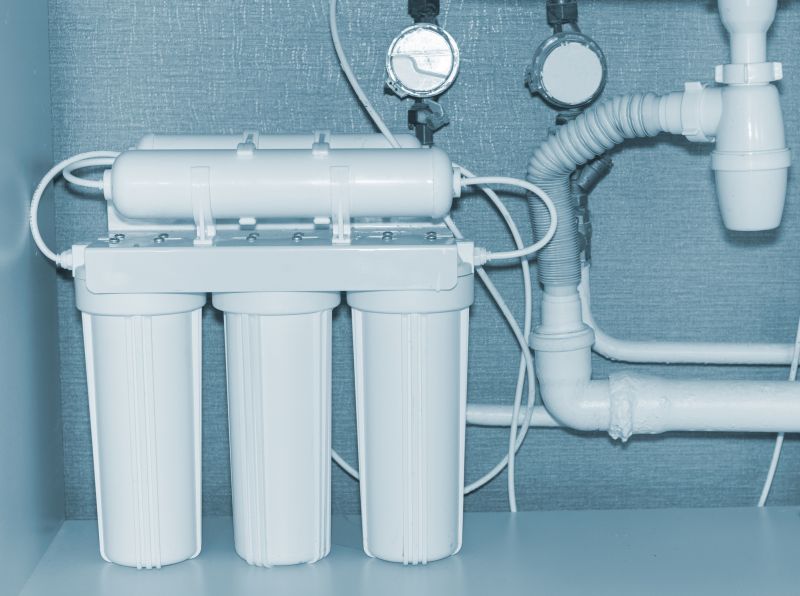
Simple add-ons that improve Water Redirections without blowing the budget.
| Timing Factors | Best Practices |
|---|---|
| Low Water Flow Periods | Schedule during late summer or early fall when water levels are naturally lower. |
| Weather Conditions | Avoid periods of heavy rain to prevent unexpected water level rises. |
| Environmental Regulations | Coordinate with local authorities to adhere to seasonal restrictions. |
| Project Urgency | Plan ahead to align with seasonal low-flow windows. |
| Ecological Considerations | Limit activities during spawning or migration seasons for aquatic life. |
| Resource Availability | Ensure equipment and personnel are available during optimal times. |
| Water Usage Patterns | Avoid redirection during peak water demand periods. |
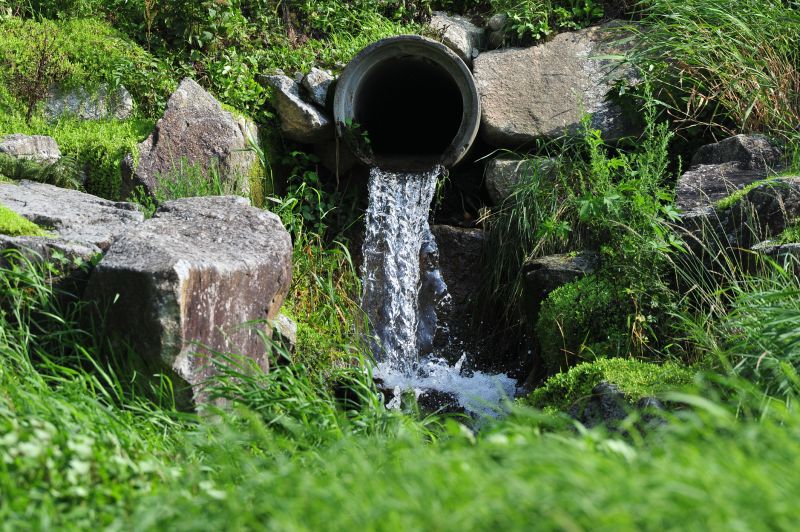
Proper infrastructure supports efficient water redirection during optimal times.
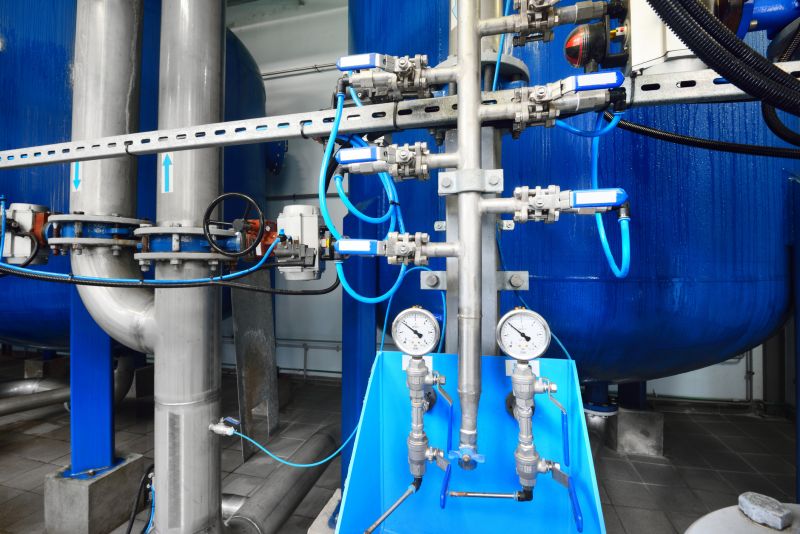
Advanced tools assist in timing water redirection activities.
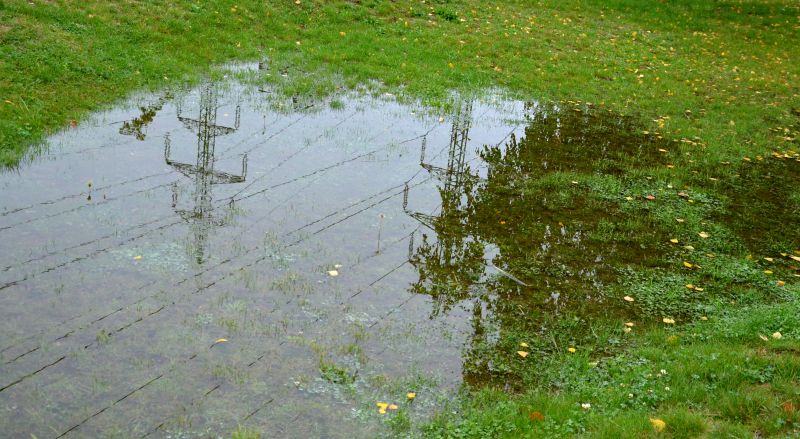
Visual aids help determine the best timing for activities.
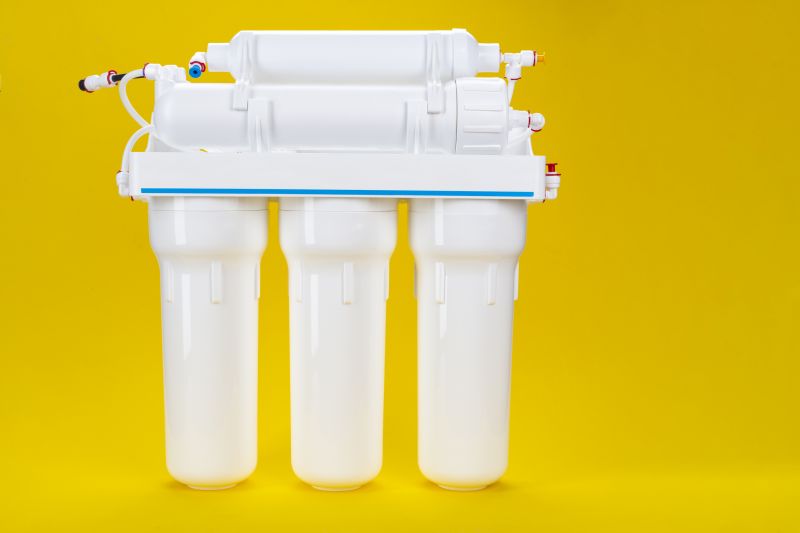
High-end options that actually feel worth it for Water Redirections.
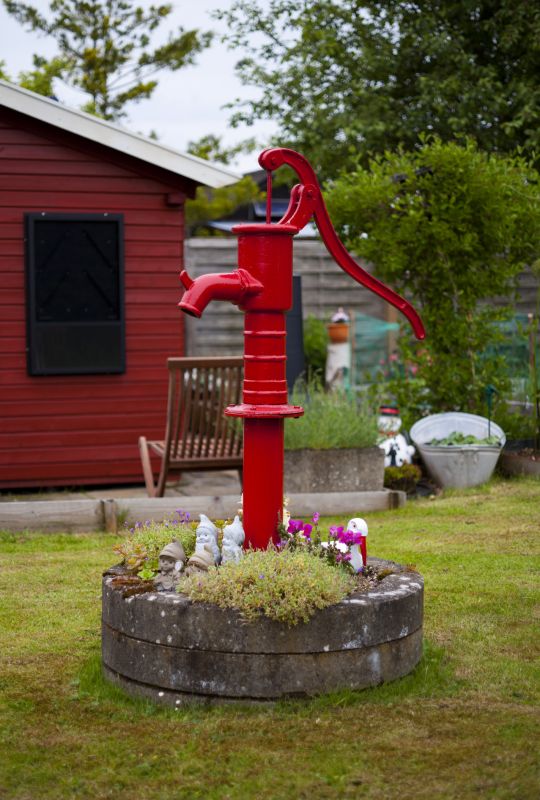
Finishes and colors that play nicely with Water Redirections.

Little measurements that prevent headaches on Water Redirections day.
Effective water redirection requires careful consideration of seasonal water flow patterns, weather conditions, and environmental regulations. Planning during periods of low water flow minimizes potential disruptions and enhances project efficiency. Monitoring tools and seasonal data can assist in selecting the most suitable times for redirection activities, ensuring both operational success and compliance with regulatory standards.
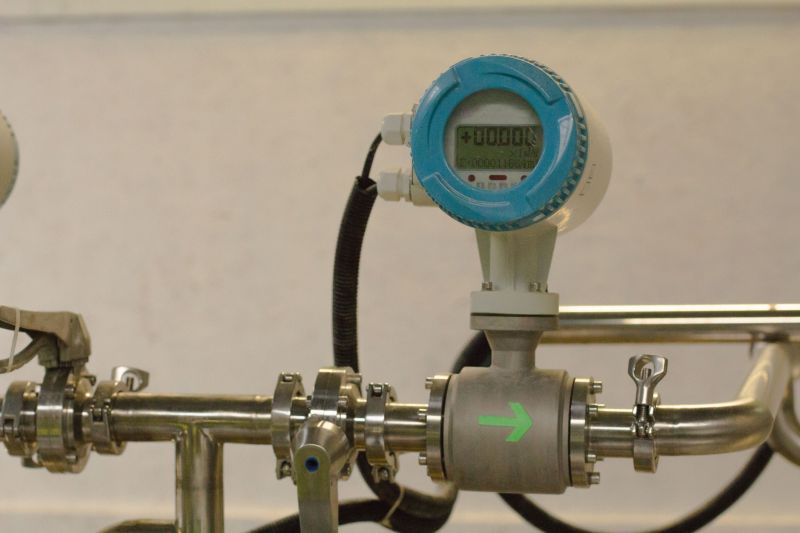
Real-time data supports optimal timing decisions.
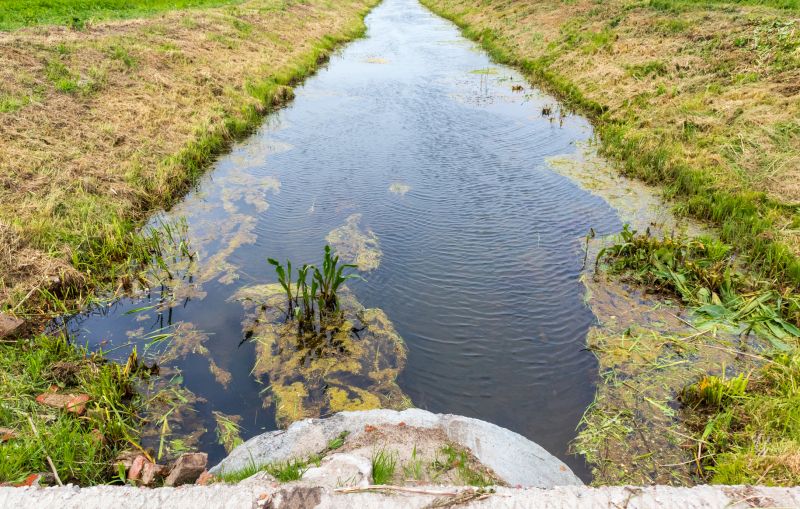
Activities are more controlled during dry periods.

Timing activities to reduce ecological disturbances.
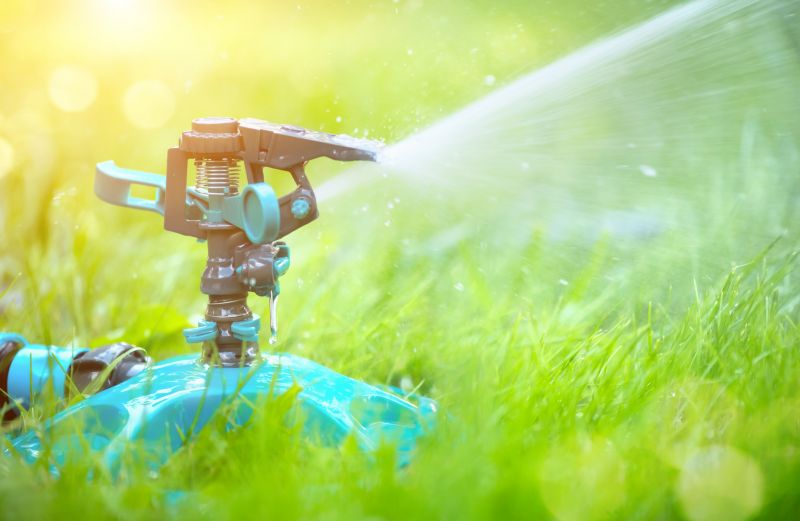
Long-term planning aligns with natural water cycles.
Those interested in water redirection projects are encouraged to contact for further information. Proper timing and planning are essential for successful implementation and minimal environmental impact.
